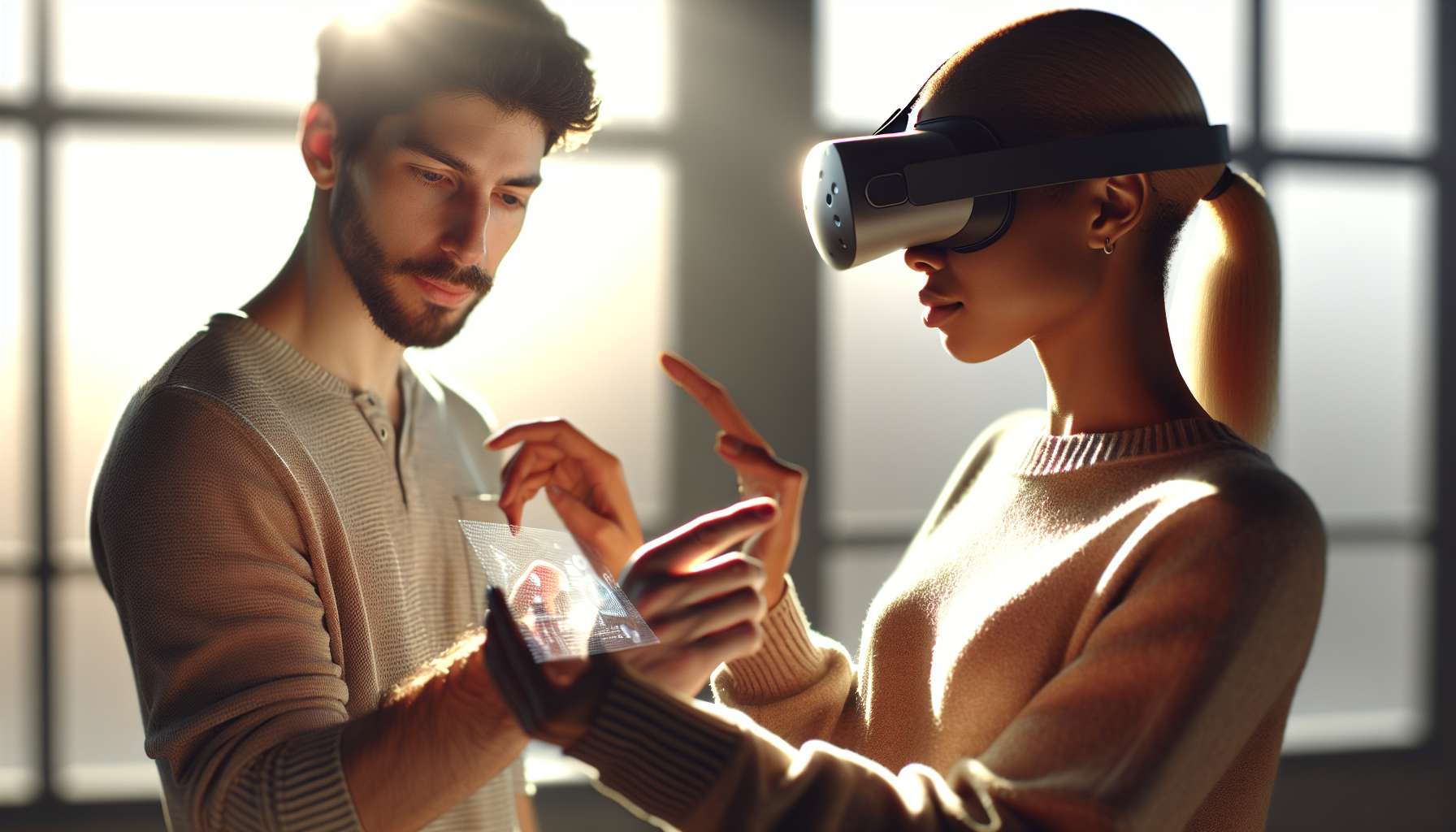The Power of Augmented Reality in Marketing Educational Products
Augmented Reality (AR) has revolutionized various industries, and now it is making its mark in the field of education. With its ability to blend the virtual world with the real world, AR is transforming marketing strategies for educational products. In this article, we will explore the potential of AR in marketing educational products and how it can enhance the learning experience for students.
What is Augmented Reality?
Before we delve into the applications of AR in education, let’s briefly understand what augmented reality is. AR is a technology that overlays digital content onto the real world, enhancing our perception and interaction with the environment. It combines computer-generated images, videos, and sounds with the physical world, creating an immersive and interactive experience.
Enhancing Marketing Strategies
AR offers a unique and engaging way to market educational products. Traditional marketing methods often rely on static images or text to convey information, but AR takes it a step further by bringing products to life. By using AR, marketers can create interactive experiences that allow potential customers to visualize and interact with educational products in real-time.
For example, imagine a student exploring a textbook through an AR app. As they scan the pages, 3D models, videos, and animations pop up, providing a deeper understanding of the subject matter. This interactive experience not only captures the attention of students but also helps them retain information more effectively.
Virtual Try-Ons and Simulations
AR can also enable virtual try-ons and simulations, allowing students to experience educational products before making a purchase. For instance, a language learning app could use AR to create virtual classrooms where students can practice conversations with virtual characters. This immersive experience gives students a taste of what the product offers and helps them make informed decisions.
Personalized Learning Experiences
One of the key advantages of AR in marketing educational products is its ability to provide personalized learning experiences. AR apps can adapt to individual students’ needs and preferences, tailoring the content and interactions accordingly. This customization not only enhances engagement but also improves learning outcomes.
For example, an AR-enabled math learning app can assess a student’s proficiency level and provide interactive exercises and visualizations based on their specific needs. This personalized approach makes learning more enjoyable and effective, leading to better academic performance.
Real-World Applications
AR is already making waves in the education sector. Many educational institutions and companies are leveraging AR to enhance their marketing strategies and improve learning experiences. Here are a few real-world examples:
- A museum using AR to bring historical artifacts to life, allowing visitors to explore and interact with them in a more engaging way.
- An online course platform using AR to provide virtual tours of campuses, giving prospective students a glimpse into the college experience.
- A science kit company using AR to provide step-by-step instructions and interactive experiments, making learning science more hands-on and exciting.
The Future of AR in Education
The potential of AR in marketing educational products is vast, and its impact on education is only beginning to be realized. As technology continues to advance, we can expect even more innovative applications of AR in the education sector.
Imagine a future where students can explore ancient civilizations through AR-powered history textbooks or conduct virtual science experiments in their own homes. The possibilities are endless, and AR is poised to revolutionize the way we learn and teach.
Conclusion
Augmented Reality is transforming marketing strategies for educational products, offering interactive and immersive experiences that captivate students and enhance their learning journey. By leveraging AR, marketers can create personalized and engaging content that helps students visualize, interact, and retain information more effectively. As AR continues to evolve, we can look forward to a future where education is revolutionized, making learning more accessible, engaging, and impactful.





